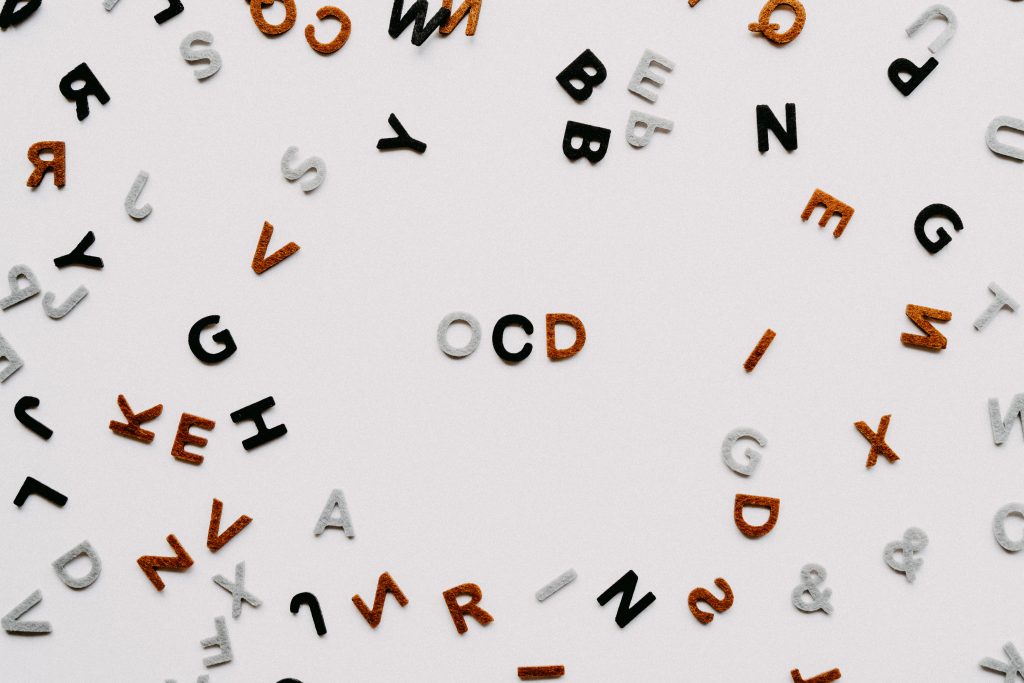It is estimated that 1-2% of the world’s population suffers from obsessive compulsive disorder. Experts believe that OCD, an anxiety disorder, often begins in childhood, but it can also occur in teenage and early adulthood. However, anxiety disorders are more pronounced in adults.
What is OCD?
When discussing OCD, two issues stand out; obsessions and compulsions. People with OCD experience intrusive, recurrent, and distressing thoughts that quickly become an obsession. The obsessive thoughts cause anxiety that pushes one to develop compulsive behavior to ease the anxiety.
For example, a person whose obsession is the fear of getting a disease may develop a coping mechanism, such as compulsively cleaning surfaces, like some ritual, to minimize contamination.
What triggers OCD?
Researchers are yet to point out the exact cause of OCD. Some studies suggest that OCD and other types of disorders are genetic. It is estimated that 25% of people with OCD have immediate family members with the same disorder.
OCD can also be triggered by one’s experiences, such as the loss of a loved one, depression, and a personal crisis.
The severity of OCD varies from person to person. If you wish to find out if you have OCD, you need to look at symptoms that can be classified as obsessions or compulsions.
Obsessive signs of OCD
The obsessions that people with OCD exhibit often follow a specific theme. For example, the fear of dirt or contamination, the extreme need to have things organized in an orderly or symmetrical manner, hypervigilance, or fear of losing control.
Once you identify the theme, it will be easier to identify your obsession.
For instance;
Signs of compulsions
You can also identify OCD based on your reactions to your obsessions. Sometimes, you may not even realize you have an obsession. However, you will realize if your responses are beyond what would be considered the norm.
Like obsessions, compulsive behavior also has themes.
Since the severity of OCD varies, it is sometimes difficult to tell if your behavior is a sign of OCD or simply a learned habit. It is best to have a diagnostic test to determine if you have OCD.
You can view the original article HERE.






























